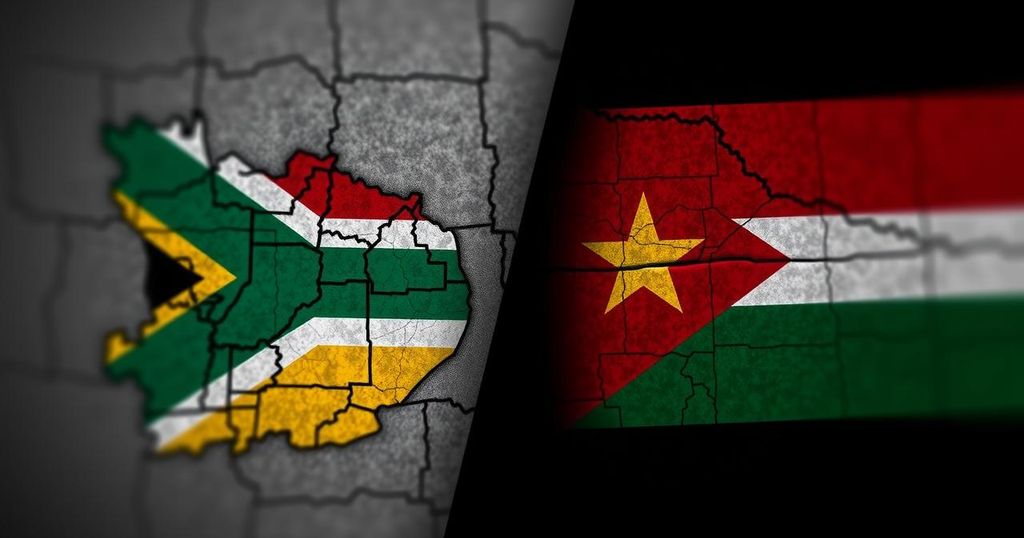South Africa has closed its border with Mozambique due to increasing post-election violence following the controversial election results favoring the ruling Frelimo party. Protests have erupted, leading to fatalities and injuries, prompting South African authorities to advise against travel to Mozambique. Amidst unrest, officials have expressed grave concerns for safety as opposition leaders face violent reprisals.
South Africa has once again closed its border with Mozambique amid escalating violence following disputed election results. Recent protests have erupted in Mozambique’s capital, Maputo, after the opposition rejected the outcome of the Oct. 9 elections, which allowed the ruling Frelimo party to maintain its power for another term. The unrest has resulted in significant unrest, with measures taken by South Africa to limit border access in response to fears of spillover and safety concerns for its citizens. The closure comes shortly after a temporary reopening aimed at facilitating the movement of stranded vehicles and cargo. However, reports indicated a critical situation as numerous Mozambican border officials sought refuge in South Africa amidst fears for their safety due to ongoing protests, which have seen violent confrontations with law enforcement. Amnesty International reports indicate at least 20 fatalities and numerous injuries related to these protests, heightening the urgency of the situation. In Mozambique, opposition leader Venancio Mondlane called for opposition to the elections and mobilized protests against what they allege is an electoral fraud perpetrated by the government. Following the violent events leading up to and following the elections—including attacks on his aides—Mondlane has reportedly left the country. The South African Border Management Agency confirmed the need for border closures citing threats from protesters and the looting of border facilities. Furthermore, the Mozambican government has issued statements regarding the potential deployment of military forces to quell the protests, branding them as attempts to undermine the elected government. In response, international observers and human rights organizations have condemned the government’s severe crackdown on protesters, describing it as one of the worst in recent years. As a precaution, South African authorities have advised citizens against non-essential travel to Mozambique.
Following Mozambique’s controversial election results, where the ruling Frelimo party extended its 58-year rule, extensive protests have emerged within the country. The elections, held on October 9, were contested by opposition leaders who claimed electoral fraud, resulting in widespread violence and unrest. Amnesty International has reported significant casualties, with confrontations between protesters and police escalating.
In summary, South Africa’s decision to close its border with Mozambique is a direct response to the increasing violence stemming from post-election unrest. The situation remains tense with reports of casualties, mass protests, and potential military intervention by the Mozambican government. The political climate remains volatile as calls for accountability and democracy resonate among opposition leaders and supporters within Mozambique.
Original Source: apnews.com






